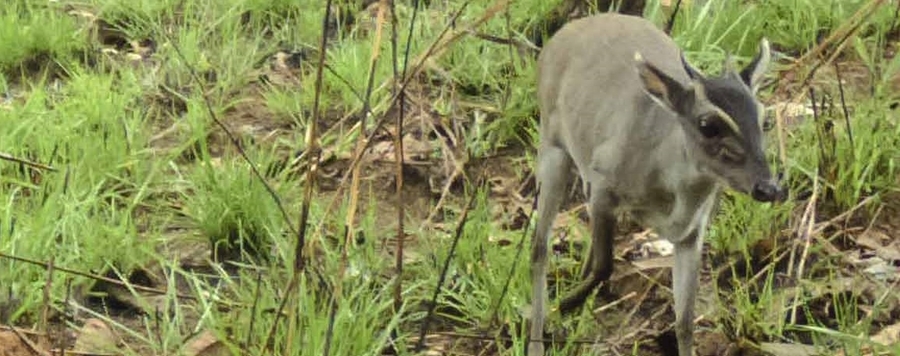
Camera trap survey of mammals in the Fazao‐Malfakassa National Park, Togo, West Africa
For the first time in Togo, we used camera trapping to investigate the mammal community in Fazao‐Malfakassa National Park (FMNP), a forest and savannah mosaic landscape subject to poaching and other detrimental anthropogenic activity. We compiled a species inventory, that is species occurrence, habitat use and activity patterns during dry and wet seasons. Based on images from >80 locations during 9,007 camera days, we identified 32 mammal species, which, when combined with other published studies, increases the total number of mammals (excluding bats) historically reported to 57 species. Our results confirm the presence of five mammal species evaluated as threatened according to the IUCN Red List, highlighting the significant conservation value of the FMNP. Specifically, it appears to be the only protected area in Togo where the African savannah elephant and the African forest elephant occur sympatrically, and only the second site currently known with direct observations of Walter's duiker. We also report the presence of poachers and other anthropogenic activity within the FMNP. We recommend that continued survey efforts should be combined with detailed ecological data collection, effective law enforcement, community outreach and eco‐tourism development, to safeguard the remaining mammal species communities necessary for a functioning ecosystem in the park.






